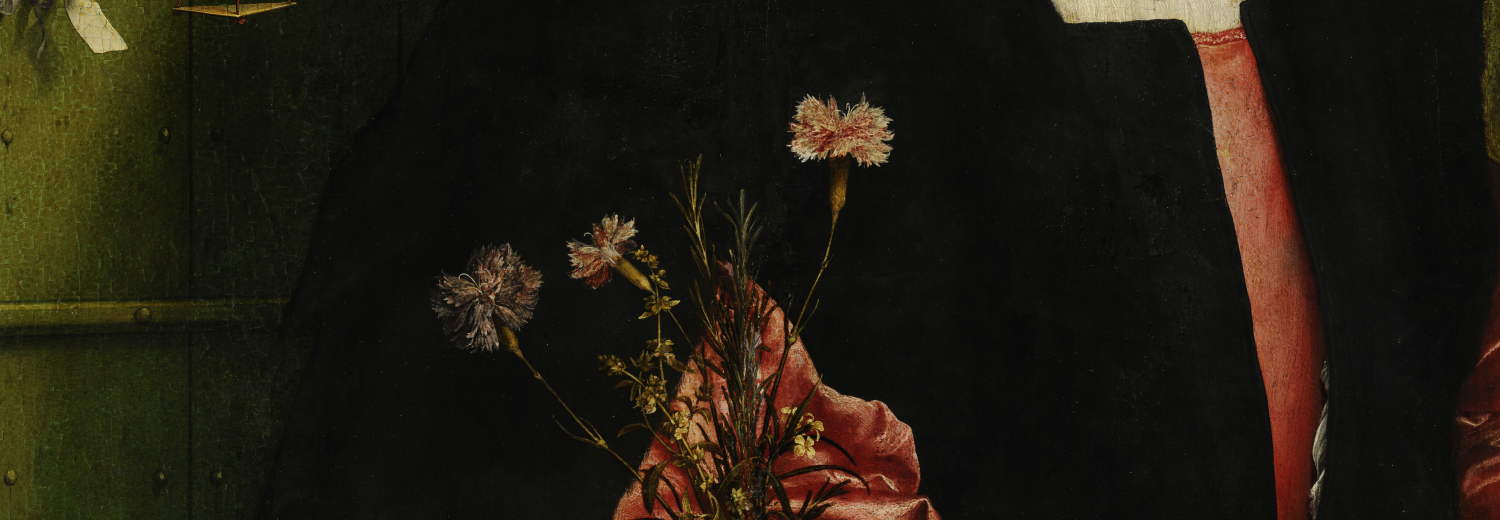Marjolein Schepers:
Justyna Wubs-Mrozewicz‘Who belongs to the parish? Parish conflicts on household settlement status and access to poor relief in eighteenth-century Flanders and France.’
Next up in the history in conflict webinar was Marjolein Schepers, who turned our attention to the coastal areas of 18th century Flanders and France. Central to her talk were letters written between parish officials regarding poor relief, responsibility and belonging.
Issues related to differences between local and central legislations as well as conflicts over settlement and responsibility towards migrants’ high mobility due to seasonal labor led to conflicts of responsibility. Who belonged to which parish and who paid the poor relief? Schepers focused on the case of Johannes van Laethem, a fishmonger who had fallen ill and had lost his daily income in 1791. Previous problems illness had led to him not having financial reserves and, thus, there was not enough income to sustain his family.
Van Laethem lived in the city of Nieuwpoort but he was born not there, resulting in extensive correspondence between the local priest and the local poor relief institution, between his current parish and his parish of settlement Herzeeuw and coastal officials that became involved in the dispute such as the district council of Kortrijk. These letters give insight into how the different authorities constructed belonging and identification, and the strategies behind it. Nieuwpoort for example demanded Herzeeuw as the birth parish to pay for the medical costs provided, but Herzeeuw insisted he should be returned to his birth parish. But, relevant for this webinar, they also provided evidence of history being used as argument in the conflicts. Herzeeuw for example argued that the parish was not responsible to pay, since Van Laethem had left the parish at a young age and his father was an alien – both arguments that were not part of regulations. Examples of arguments from personal history are also found in documentation of the privy council of the Southern Low Countries, which argued that people should receive access to welfare after three years residence in a parish and having paid taxes there. This was because people should be allowed to enjoy the fruits of their labour. A parish should not send back an old dying man to a parish he had left years ago and where he knew no one anymore.
The use of history as an argument in these kind of poor relief disputes was varied. Personal histories of migrants were presented to argue that they should be allowed to remain where they lived or for example to prove that they were deserving of poor relief to strengthen the argument for reimbursement of the costs made. Parish officials also referenced regional relations and legislative documents to strengthen arguments on where a worker belonged, sometimes even wrongly so. When the district council of Kortrijk was asked to intervene in the conflict on Van Laethem, as the regional district board of Herzeeuw parish, the district council argued that Herzeeuw should maintain Van Laethem referring to a 1750 legislation – while Kortrijk had adopted a different regulation in 1776, which implied that three years residence while contributing to taxes granted settlement. Van Laethem thus did not belong to Herzeeuw for poor relief. Examples such as the case of Van Laethem can be used to illustrate the course of history and the interactions between the coastal regions and parishes. Additionally, it can show how notions of belonging and identification were constructed and used by officials.
Marjolein Schepers is a postoc at the Vrije Universiteit Brussel, researching migration history. She also holds the IAS Fernandes 2020-22 Visiting Research Fellowship at the University of Warwick.
Contact information: https://researchportal.vub.be/en/persons/marjolein-schepers.
Relevant recent publications:
Marjolein Schepers, ‘From Nativism to the Inclusion of Immigrants: Settlement and Poor Relief in Eighteenth-Century Bruges’, Journal of Migration History 6:2 (2020) 151-181;
Marjolein Schepers, ‘Should they stay or should they go now? The discretionary character of poor relief, settlement and removal in the Low Countries’, BMGN-Low Countries Historical Review 133:3 (2018) 48-71;
Marjolein Schepers, ‘Van zieke visverkoper tot arme vreemdeling. Mobiliteit en armenzorg in West-Vlaanderen op de drempel van het revolutietijdvak’, Jaarboek De Achttiende Eeuw 49:1 (2017) 39-52.

Comments
Add Comment